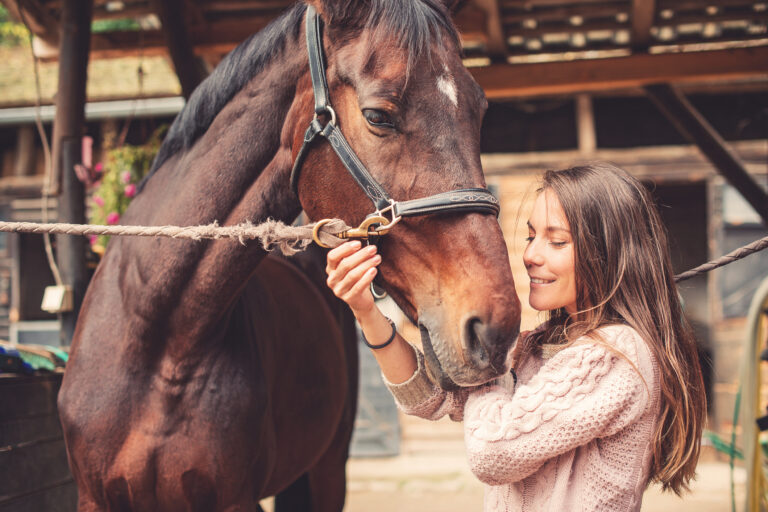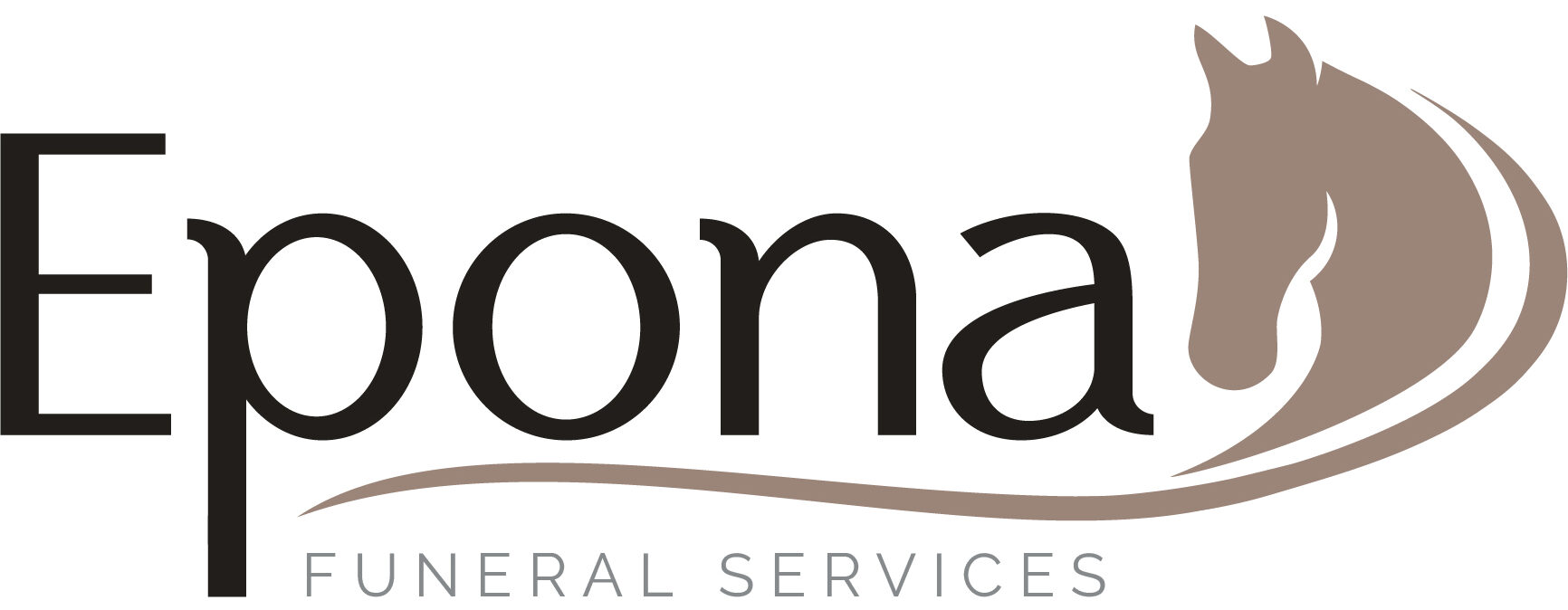Euthanasia of your horse, the painful decision
Euthanasia is one of the most heartbreaking, difficult decisions someone can ever make for a beloved companion. It is perhaps the ultimate sacrifice and act of love we have to endure for them.
The more you understand about euthanasia, the less likely you will be to question the decision or procedure afterwards. This can help you prevent those feelings of immense guilt, wishing you had done something differently.
The decision of when to euthanize involves great personal courage and devotion. Many people fear they will not know when the time is right. Do seek guidance from your veterinarian and include family members who share a close bond with your pet in the decision making process. No one knows your best friend better than you do… trust what your heart tells you.
Even when we know intellectually that euthanasia may be the “best” or “most merciful” choice, that may mean little when we face the decision itself. Many pet owners cling to misconceptions that provide apparent justification for postponing the decision – often at the expense of the pet itself.
Common Misconceptions about Euthanasia
1. Euthanasia isn't nature's way
Some animal lovers reject euthanasia as “unnatural.” Nature, some say, has a timetable for every life, and by artificially ending a life, we’re disrupting nature’s plan. While appealing, this belief overlooks the fact that by providing treatment, surgery, medication, or any other form of care for a sick (or injured) equine, we are already extending that horse’s life far beyond what would occur if matters were left in the not-so-tender hands of “nature.” The term Euthanasia means ‘good death’ in Greek and allows our pets to fall asleep and pass away without suffering.
2. Euthanasia is selfish
3. My horse will tell me when it's "time"
Many of us have heard of pets who allegedly offered some indication of acceptance of death, of being “ready to move on.” And who among us would not welcome that sense of being granted “permission” to end a pet’s life? Such a “signal” would remove the dreadful burden of having to make that decision on our own. Unfortunately, for many that signal never comes. By convincing ourselves that our pets will “tell us” when it is time to die, we risk two hazards: Prolonging a pet’s suffering by waiting for a sign that never comes, or torturing ourselves with guilt for acting “too soon.”
The painful truth is that if your pet is terminally ill, and especially if it is suffering and unable to function, it will die; the decision you must make is not whether its life will end, but how, and how much discomfort you are willing to allow it to endure.
Some helpful hints and what to expect
Choosing a place to say goodbye to your pet is very important. Should you find it more comforting for this to take place at your residence, ask your veterinarian if they are able to do so. Alternatively, should you prefer, we work with mobile veterinarians that would be able to do so.
Each equine is unique. There are a variety of medications that are available for the sedation and anesthesia for your companion. Which drugs will be used and at which dosage will depend on your horses weight, species, the medical history, current medications, and so on.

All equines should be sedated before the administration of the intravenous euthanasia solution. This allows them to relax, surrounded by loved ones, and gives the family additional time to say goodbye.
The sedation will be administered by an intramuscular injection. This injection may be felt as any injection would, but the discomfort would only last a second. This would be the only discomfort felt during the entire procedure.
Most of the time, sedation will help your horse become sleepy yet remain awake. Either way, they are free from pain and very relaxed. Once your pet is well sedated, the euthanasia solution is administered. This will not hurt since he/she will be sleepy from the sedation.

